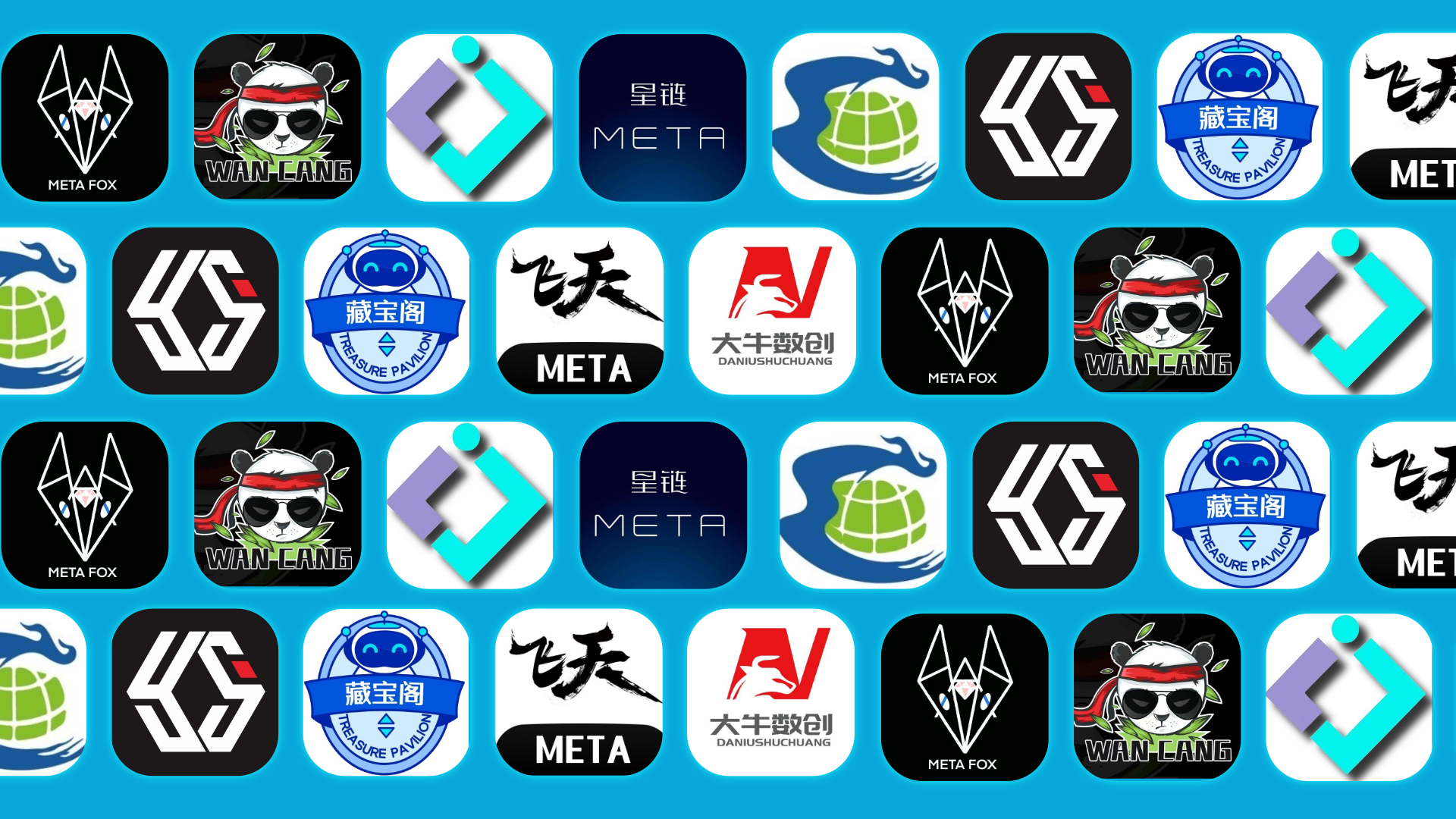Every Wednesday and Friday, TechNode’s Briefing newsletter delivers a roundup of the most important news in China tech, straight to your inbox.
Every Wednesday and Friday, TechNode’s Briefing newsletter delivers a roundup of the most important news in China tech, straight to your inbox.
By signing up, you agree to our privacy policy.
Thank you for registering!
An account was already registered with this email.
Please check your inbox for an authentication link.
Your support helps TechNode continue to provide credible, on-the-ground journalism and industry insights about the Chinese tech industry.
Your contribution is appreciated.
TechNode
Latest news and trends about tech in China
Every Wednesday and Friday, TechNode’s Briefing newsletter delivers a roundup of the most important news in China tech, straight to your inbox.
More than 20 small- and medium-sized digital collectible platforms in China are shutting down as funds and interest dry up in the industry, Chinese media outlet Caijing reported on Wednesday. Due to the country’s strict rules regarding cryptocurrencies, Chinese platforms refer to NFTs as digital collectibles.
“The nature of NFT platforms determines that its profit model depends on liquidity,” Liu Yang, a counsel at Deheng Law Offices in Beijing, told TechNode. “Due to the lack of new funds to enter this industry currently, the fees for platform profits are far from able to cover the users’ losses, and the collapse is inevitable.”
Chinese regulators have yet to take a clear stance on NFT trading. It is still allowed in the country. However, in April, with the rising popularity of NFTs in China, there were warnings from three official banking associations to make investors aware of fraud associated with investing in NFTs.
Why it matters: Bigger platforms like Tencent have recently pulled out some NFT projects. The new closing wave highlights the slowdown of hype around digital collectibles and the difficulties of maintaining investment amid regulatory uncertainty.
In July and November, Tencent News and QQ music shut down their NFT trading feature without any advanced notice. And in August, Tencent closed its digital collectible platform Huanhe only a year after launching. Huanhe strictly limited non-profit transfers to other users. At the same time, most of the platforms allow buyers to trade their collectibles privately after purchase, offering the opportunity to profit from these digital collectibles.
Huanhe gave users two options when it decided to shut down – a full refund or continuing to hold collectibles, but it was difficult for small- and medium-sized platforms to provide full refunds, with most of them only refunding 5%-30% of the original purchase price.
Half of these closing platforms were set up within six months before shutting down, records on Chinese corporate data provider Qichacha show. In their announcements, most platforms attributed dwindling users as part of the reason for exiting.
Such a slowing trend has been evident since this summer. According to local media outlet Jiemian, Huanhe’s newly released digital collections had been slow to sell since June, which is quite a different situation from the platform’s earlier collectibles, which sold out in just a few minutes.
Many users have been negotiating with the platform, trying to recover their losses with minimal success.
Xiaoye is an investor in a platform that has only been in existence for two months, and the platform announced on Oct.31 that it will only buy back 10% of the initial cost of the collectibles.
Xiaoye told TechNode that he learned about this platform through a WeChat group, where someone said collectibles would appreciate in value after users are able to trade in the secondary market.
“But after investing almost RMB 1,000 into it, the collectibles that I held were at a price far below the initial price,” Xiaoye said, adding that he cannot accept only getting 10% back and he will continue to complain.
In China, it’s not a difficult task to build an NFT platform. Through a quick online search, TechNode found a company that promises to build an NFT platform business. One of the firm’s staff said it only takes RMB 39,000 ($5445) to build an H5 site supporting NFT trading, and it can be active in as little as three days.
The number of digital collectible platforms reached 2,303 as of Nov.15 in China, according to a report by think tank 01Caijing.
The platforms make money through the initial price of collectibles, as well as by commission, which is generally 5% of the secondary transaction price. By comparison, the maximum commission charge for stock trading is 3‰, and crypto exchanges generally charge 0.2%.
With a small team, TechNode provides timely news and thoughtfully researched articles for worldwide readers interested in learning more about the Chinese tech industry.
Your contribution is appreciated.
Cheyenne Dong is a tech reporter now based in Beijing. She covers e-commerce and retail, blockchain, and Web3. Connect with her via e-mail: cheyenne.dong[a]technode.com. More by Cheyenne Dong
沪ICP备14046707号-4
We’ve recently sent you an authentication link. Please, check your inbox!
Sign in with a password below, or sign in using your email.
Get a code sent to your email to sign in, or sign in using a password.
Enter the code you received via email to sign in, or sign in using a password.
Sign in with your email
Lost your password?
Try a different email
Send another code
Sign in with a password
By signing up, you agree to our privacy policy.
{{#message}}{{{message}}}{{/message}}{{^message}}Your submission failed. The server responded with {{status_text}} (code {{status_code}}). Please contact the developer of this form processor to improve this message. Learn More{{/message}}
{{#message}}{{{message}}}{{/message}}{{^message}}It appears your submission was successful. Even though the server responded OK, it is possible the submission was not processed. Please contact the developer of this form processor to improve this message. Learn More{{/message}}
Submitting…
This site, like many others, uses small files called cookies to help us improve and customize your experience. Learn more about how we use cookies in our cookie policy.

